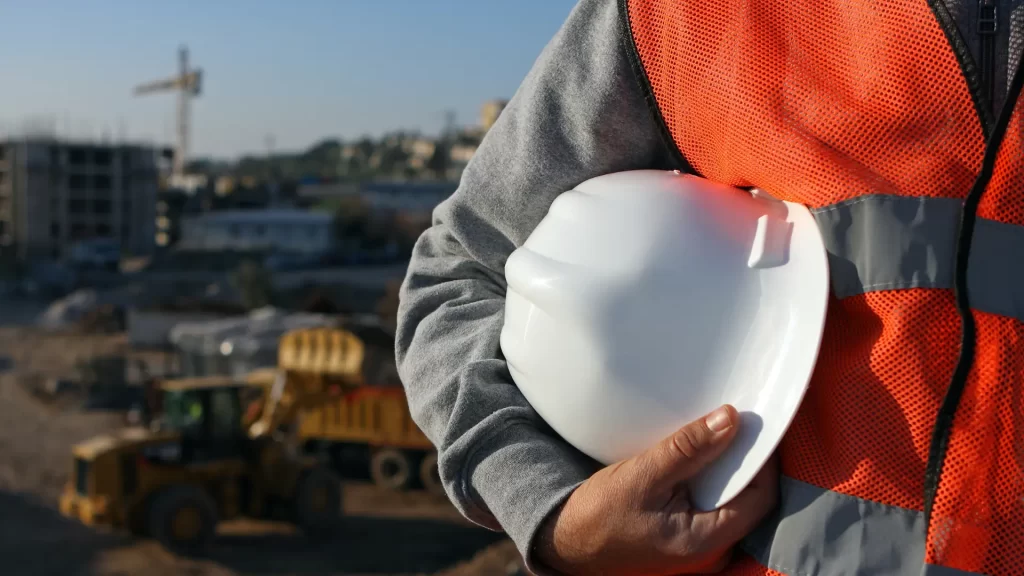
This publication is the third of a series authored by Kreisson, which is intended to be used as a guide for builders to the Design and Building Practitioners Act 2020 (NSW) (the Act) and the Design and Building Practitioners Regulation 2021 (NSW) (the Regulation).
Part 1 of this series provided an introduction to the Act and Regulation and explored the definition of “Building Work”. See Part 1 at this link: https://kreisson.com.au/a-builders-guide-to-the-dbpa-part-1/
Part 2 of this series explained the definition of “regulated design” under the Act and Regulation, explored the requirements for design and building compliance declarations, and explained lodgement requirements for Building Practitioners. See Part 2 at this link: https://kreisson.com.au/a-builders-guide-to-the-design-and-building-practitioners-act-and-regulation-part-2-regulated-designs-and-compliance-declarations-part2/
There are substantial penalties for non-compliance under the Act and Regulation.
This article provides guidance on:
a) what constitutes a ‘reasonable excuse’ for the purposes of avoiding prosecution for non-compliance with the requirements of the Act and Regulation; and
b) what could be considered ‘emergency remedial works’ for the purposes of the ‘reasonable excuse’ defence.
Future publications in this series will address:
a) insurance requirements under the Act and the Regulation; and
b) the statutory duty of care introduced by section 37 of the Act.
There are circumstances where compliance actions cannot be taken under the Act and Regulation.
One such example is when a building practitioner is required to carry out emergency remedial works.
It is a defence to a prosecution under the Act and Regulation if a building practitioner has a ‘reasonable excuse’ for the non-compliance (section 19 of the Act).
However, the responsibility to prove the reasonable excuse is on the building practitioner (section 97 of the Act).
What constitutes a reasonable excuse is not defined in the Act or Regulation.
However, NSW Fair Trading has provided some guidance. See the Fair Trading website for more information.
Pursuant to the NSW Fair Trading website, one example of a ‘reasonable excuse’ is that the building practitioner is carrying out emergency remedial building work.
According to NSW Fair Trading, ‘emergency remedial building work’ is work where:
a) Immediate action is necessary to remedy an issue; and
b) The issue is causing, or is likely to cause, damage to the building and:
i) The inability to inhabit or use the building (or part of the building) for its intended purpose; or
ii) A risk to health or safety; or
iii) A risk of further damage to the building (or part of the building); and
c) These impacts, or likely impacts, are serious in nature; and
d) The work undertaken is limited to what is necessary to mitigate these impacts or likely impacts until further remedial building work can be undertaken.
NSW Fair Trading has also provided guidance as to what is not ‘emergency remedial building work’, which is described as:
a) work that is undertaken to address the fundamental or underlying cause of the issue; and
b) immediate action is not necessary to remedy an existing issue before it causes serious damage or further serious damage, or poses a serious impact relating to habitability, health, and safety; and
c) it is possible for statutory obligations to be met prior to any serious damage or further serious damage being caused to the building and there is no serious impact relating to habitability, health, and safety.
If a building practitioner carries out emergency remedial work, they are still required to complete a building compliance declaration and provide it to NSW Fair Trading.
At the moment, that form of declaration is available at – https://www.fairtrading.nsw.gov.au/__data/assets/pdf_file/0019/1126441/Emergency-Remedial-Work-Consolidated-Form.pdf and must be provided by email to nbpaudits@customerservice.nsw.gov.au within seven (7) days of completing the emergency remedial work.
Please note that this is a temporary process until the NSW Planning Portal is updated.
Building Practitioners should also be aware that Fair Trading will be undertaking audits to ensure emergency remedial work satisfies the above-mentioned criteria.
For further information in relation to insurance requirements, the DBPA and how they impact you, please do not hesitate to contact Kreisson on (02) 8239 6500.
Leave your details below and we will send all subsequent publications in this series to your email.
hbspt.forms.create({
region: “na1”,
portalId: “21066770”,
formId: “882fa691-38b4-40ae-8a57-d2411ad69769”
});
*The contents of this article are not a substitute for legal advice. You should obtain legal advice appropriate for your specific circumstances.

excellence@kreisson.com.au | 02 8239 6500